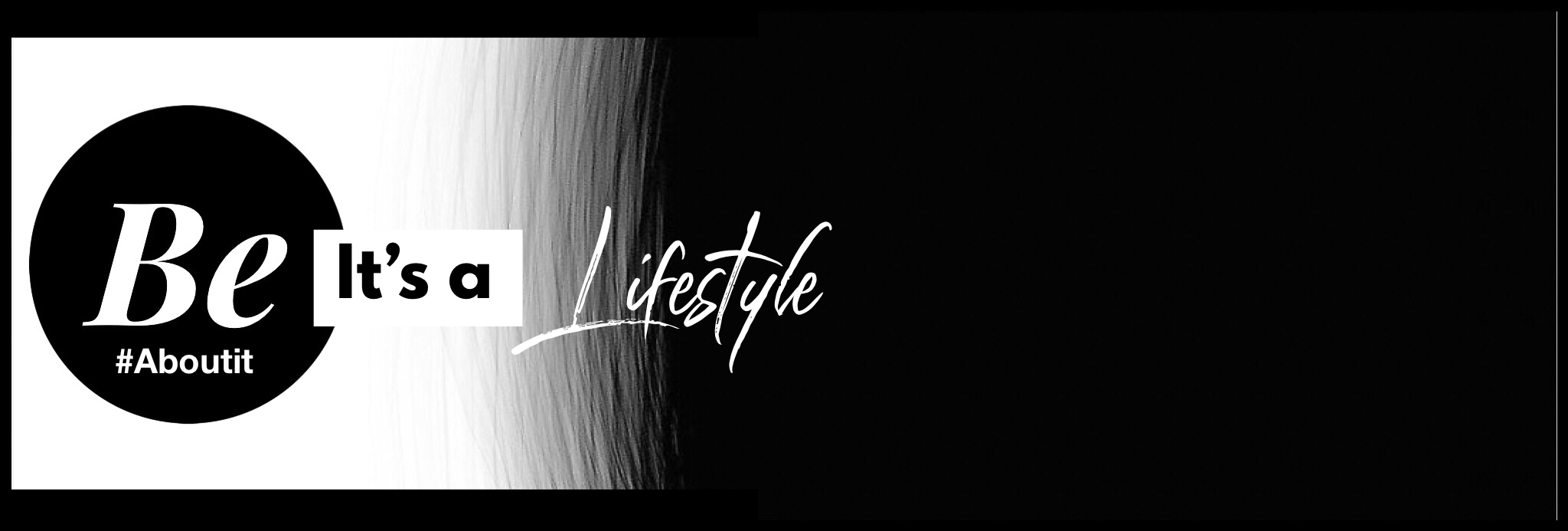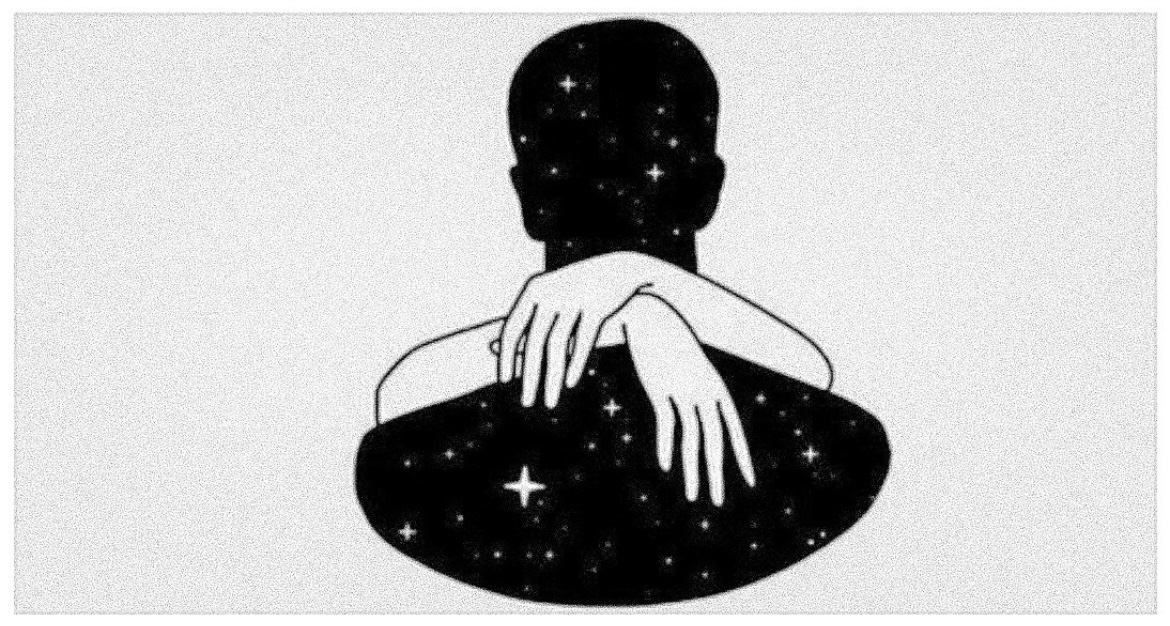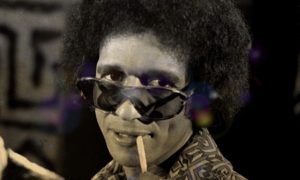#JMT Series 2018
I remember when I thought that I would never under any circumstances even consider getting married. The idea seemed like something for “other people:” A concept that was in essence unattainable for a young fella like myself.
Point of Clarification: This was in my early twenties in an undergrad student environment.
Most of my friends at the time had a similar view in respect to the institution of marriage & I think we all secretly assumed that we were too attractive to women to ever choose just one.

Of course, at the time of writing this — I have ventured away from such juvenile thoughts…
“This happened sooner rather then later as I felt the sting of rejection from several women. I did alright with the gals but often times my passion was unrequited, the females who passed on me helped to establish a more realistic perception of my wooing capabilities! ”— Donte’ A. Bundrent
Nonetheless, it took several years before I warmed to the concept of marriage & started to internalize it’s value systemically.
So why do people marry?
From a male perspective that question has several variables that need to be taken into consideration. For example, I think that most of the couples that I have known married for one of three reasons:
- Love
- Lust
- Opportunity Cost
- Love— this is the most sought after of the three because it is the primary emotion that our society associates with long term relationships. Even without a universal definition. The feeling is unique to each individual.
It is an intoxicating feeling that controls individuals in a way that starts internally & eventually manifest itself in every manner of an individuals lifestyle.
- Lust—you can explain this one a little easier… As two people have strong sexual chemistry, a biological link manifest. Over time this connection impacts the way that each individual acts consciously & subconsciously. Until it reaches a point that the physical yearning can be perceived as love. In many instances physical intimacy works as a drug-like “fix” for lovers. Creating a co-dependency that is susceptible to abusive cycles when the couple is only compatible sexually.
- Opportunity Cost—or the practical arrangement. When people feel like their back is against the wall, the benefit of being married may appear to out-weigh the cost of staying single. Moreover, the alternative to marriage appears too scary or detrimental to not conform.
Examples:
- Avoid child support.
- Avoid deportation.
- Fear of being alone.
- Tax Implications

People are starting to marry less often and at an older age.

🤔 The reasons to marry have remained relatively consistent over the years with occasional changes; like the introduction of same sex marriage. That being the case, you would think that marriage totals would be on the rise, instead of on the decline.
Why do people not get married?
- Is it because of environmental nuances or issues that arrive in a given location?
- Is it because of a lack of tolerance for societal norms or a general rebellion to conformity?
- Is it because they are clinging to an idea of Mr. or Mrs. Right?
- Is it because younger demographics are attending some sort of worship service less & / or lack trust in religious ideology.
- Is it because they are not marriage material or lack some inherent characteristic that fosters long term compatibility?
Trying to determine “why folks don’t marry” can create more questions than answers. Nonetheless, the numbers don’t lie — marriage rates are on the decline & divorce rates have held steady — even increased in some demographics. Thus, It is not a surprise that a high percentage of Millennials & Generation Z consider marriage to be an antiquated concept. Reserved for a few niche secular & non-secular demographics.
Key Take Away
- The general populace perception of marriage has changed substantially over the past couple of decades. Whereas, divorce & “never married” singles over thirty used to be taboo, today it is common place.
- More individuals are raising children in single parent home.
- The benefits of marriage have remained relatively the same but the marriage rate is steadily declining.
“Having a Bonnie & Clyde union is great, but the couples I know who try & force it tend to get 🔥 burned.” — Donte’ A. Bundrent
So, don’t force it — the heart can be fickle!
#JustMyThoughts

Cliche, maybe even corny— but True.
Update April, 2022
The aforementioned question has become more pertinent in the wake of Covid-19’s arrival. During the quarantine several thought leaders and influencers became exponentially more popular espousing Kevin Samuels-esque rhetoric in an attempt to address the underlying issues derailing long term relationships in the 21st Century.
Thus, I believe we are societally inching closer to addressing the question. Though major hurdles remain:
- Unhealthy Information Diets
- Relationship Role Inequity in the 21st Century
- An Overarching Contrarian View In Respect To Tradition
Life has and always will be challenging, and the idiom: “Two heads are better than one.” Will continue to be sagacious.
As we continue to explore unorthodox relationship types and timeframes societally — it will be interesting to see if we reach a general consensus on “Why We Marry in the 21st Century” like the beliefs our forbears held true.
#OneLife #GroupCooperation #KeepPushing

#AlwaysInMotion





















